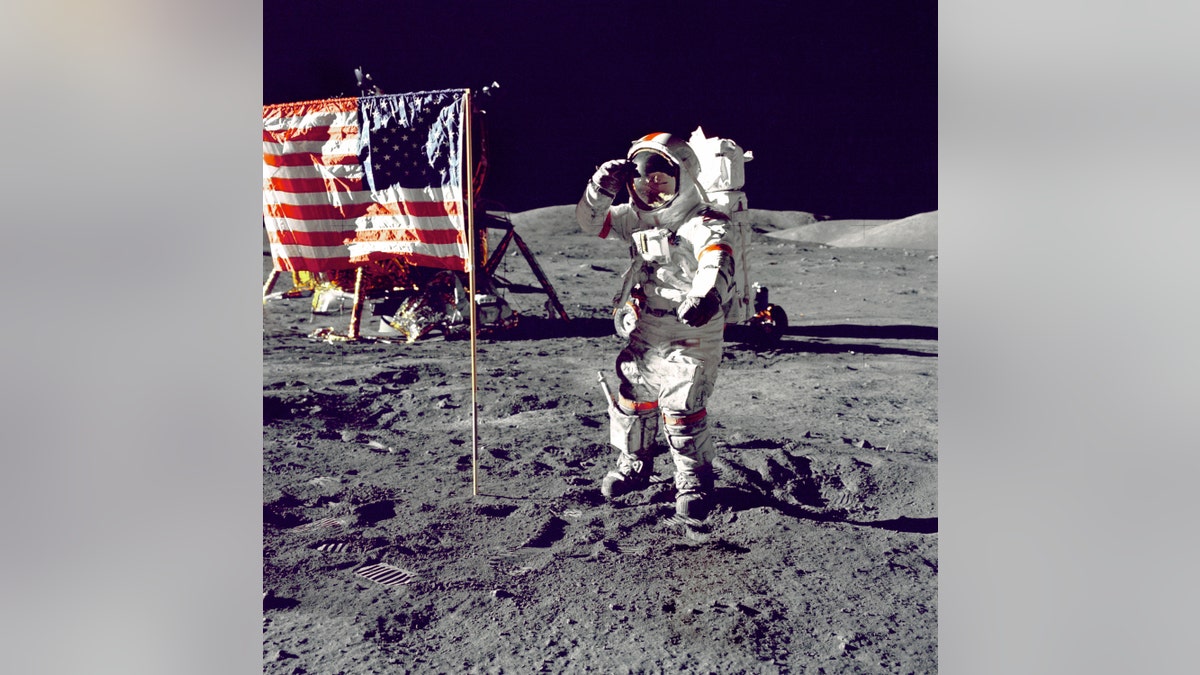The United States dared to boldly go where no man had gone before when President Dwight D. Eisenhower signed the National Aeronautics and Space Act on this day in history, July 29, 1958.
The legislation established the National Aeronautics and Space Administration (NASA).
The act was a direct response to the success of the Soviet Union’s launch of Sputnik, the first man-made satellite, in October 1957.
The achievement spawned fears in the U.S. and Western Europe of ceding control of the final frontier to the Soviets.
SPUTNIK MOMENTS: TRIO OF SPACEFLIGHT EVENTS SHOOK US IN 1957
Those fears, however real, were short-lived.
The creation of NASA spawned American dominance in space and a period of exploratory achievement unmatched in human history.
NASA quickly executed the Mercury, Gemini and Apollo space programs, each building upon the success of the other.
NASA enjoyed one of the crowning moments in history when Apollo 11 landed American astronauts Neil Armstrong and Buzz Aldrin on the moon on July 20, 1969 — just 11 years after Eisenhower signed the Space Act.
FIRST MEN ON THE MOON, A UNIQUE AMERICAN ACHIEVEMENT, STILL AMAZES US TODAY
No human has set foot on the moon since the Apollo program ended in 1972.

The creation of NASA joins the short list of Eisenhower’s greatest achievements — first a general and then president. He stands among the most consequential individuals in American history.
D-DAY 78 YEARS LATER: HOW FDR’S POWERFUL PRAYER UNITED AMERICANS
As Supreme Allied Commander in World War II, Eisenhower tactfully kept together a coalition of American, British and French leaders despite clashing egos and conflicting personal and national aims.

He orchestrated the June 6, 1944, D-Day invasion of Europe, arguably the greatest single logistical and military achievement in human history.
And he led the total defeat and military disintegration of Nazi Germany in less than 3.5 years after America’s entry into the conflict.
For more Lifestyle articles, visit www.foxnews.com/lifestyle
His two-term presidency (1953-1961) proved a period of unprecedented American peace, prosperity and global hegemony.
Notably, he ended America’s involvement in the Korean War in 1953, created the U.S. Interstate Highway System in 1956 and signed the Civil Rights Act of 1957.
Then, in 1958, he inspired a daring new era of human exploration, this time of the cosmos.
Read the full article here











